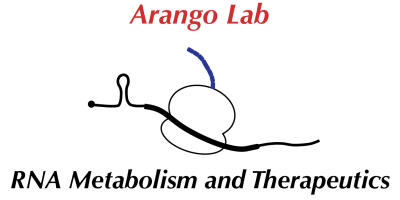
Translation is the mechanism by which proteins are made from the information stored in the genetic code. This process is achieved with the help of RNA molecules such as ribosomal RNA (rRNA), transfer RNA (tRNA), and messenger RNA (mRNA). While translation is a tightly regulated process, global perturbations in protein synthesis are observed in stress conditions, cancer, and aging, highlighting the regulatory mechanisms of translation as potential therapeutic targets in cancer and age-related disorders.
One poorly characterized layer of translation regulation is the epitranscriptome, defined as the set of more than 140 ribonucleotide modifications that alter the biochemical properties and function of all classes of RNA, including rRNA, tRNA, and mRNA. While the distribution and function for most ribonucleotide modifications are undefined, the enzymes responsible for depositing RNA modifications are dynamic and sensitive to metabolic alterations, potentially regulating the temporal response to stress or the onset of human diseases such as cancer.
Our group investigates the mechanisms by which RNA modifications regulate protein synthesis and how these mechanisms affect cell fate decisions such as cell proliferation, survival, and differentiation in cancer and stress conditions. By integrating RNA biology, transcriptomics, and cell biology, we aim to uncover novel mechanisms of gene expression regulation and generate new tools that can be harnessed to develop anti-cancer therapies.
Current Projects
-
Dissecting the oncogenic and essential functions of RNA-modifying enzymes
-
Unraveling the epitranscriptomic regulation of upstream open reading frames
-
Understanding the adaptative functions and therapeutic potential of upstream open reading frames
Funding Sources






